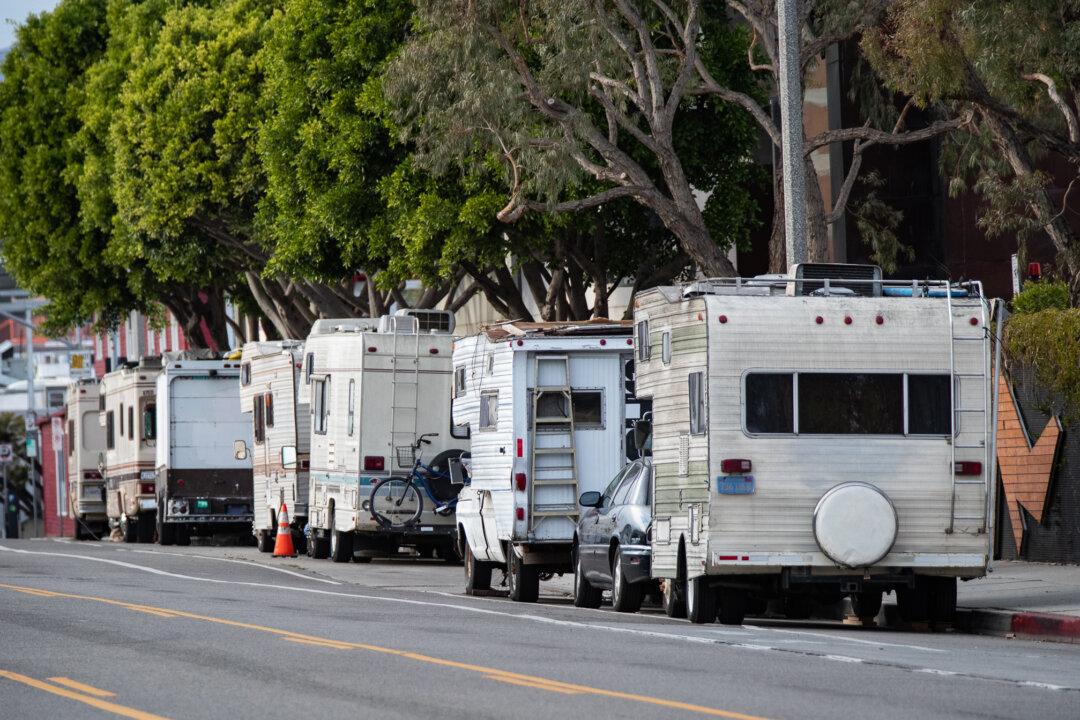Recreational vehicles (RVs) in the city of Fullerton can park overnight once again without a permit, after an Orange County Superior Court Judge temporarily ruled against the city’s RV ban that took effect in 2020.
A motion for preliminary injunction was granted by Judge Ronald Bauer June 26, which will prevent the city from enforcing its anti-RV ordinance until the case is heard in September 2024, as scheduled.





